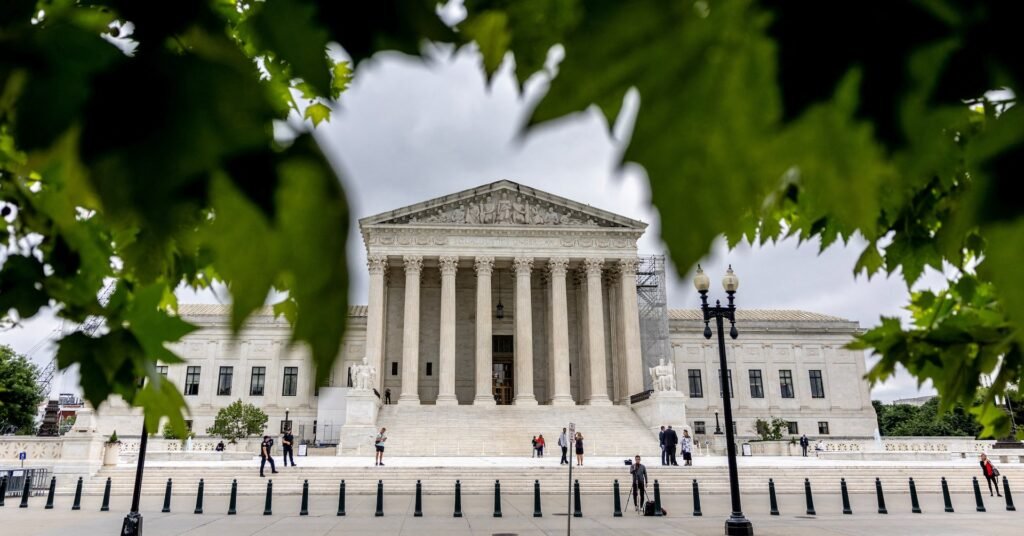Now Reading: US Supreme Court to rule on transgender sports bans
-
01
US Supreme Court to rule on transgender sports bans
US Supreme Court to rule on transgender sports bans

The U.S. Supreme Court has decided to hear a case initiated by Idaho and West Virginia regarding the enforcement of state laws that prohibit transgender athletes from competing on female sports teams in public schools. This case highlights the ongoing national debate over transgender rights and the implications these laws have for civil rights, particularly concerning how states regulate athletics in educational institutions.
The laws in question have been established in several states, primarily backed by Republican legislators who argue that such measures protect the integrity of women’s sports and ensure fair competition. Advocates for these laws often express concerns that allowing transgender women to compete could undermine opportunities for cisgender women. Opponents, however, assert that these restrictions are discriminatory and violate the rights of transgender individuals to participate fully in society.
The Supreme Court’s decision to take up this case comes amid a broader trend of civil rights challenges related to transgender individuals, particularly as many states have enacted similar restrictive measures. These laws have often faced criticism for perpetuating stigma and discrimination against transgender individuals, arguing that they contribute to an environment that marginalizes already vulnerable populations.
This hearing could establish significant legal precedents regarding the intersection of education, athletics, and civil rights. The outcomes of such cases have the potential to influence not only future legislation but also the way educational institutions across the nation approach the inclusion of transgender athletes in school sports, as well as the broader acceptance of transgender rights in society.
As the Supreme Court reviews the arguments from both sides, the case will likely generate extensive public interest and debate, reflecting a deeply polarized national conversation on gender identity and equality. The eventual ruling may have long-lasting effects on how states are allowed to legislate regarding transgender participation in sports, further shaping the landscape of civil rights in the United States.
Source: Reuters
health













